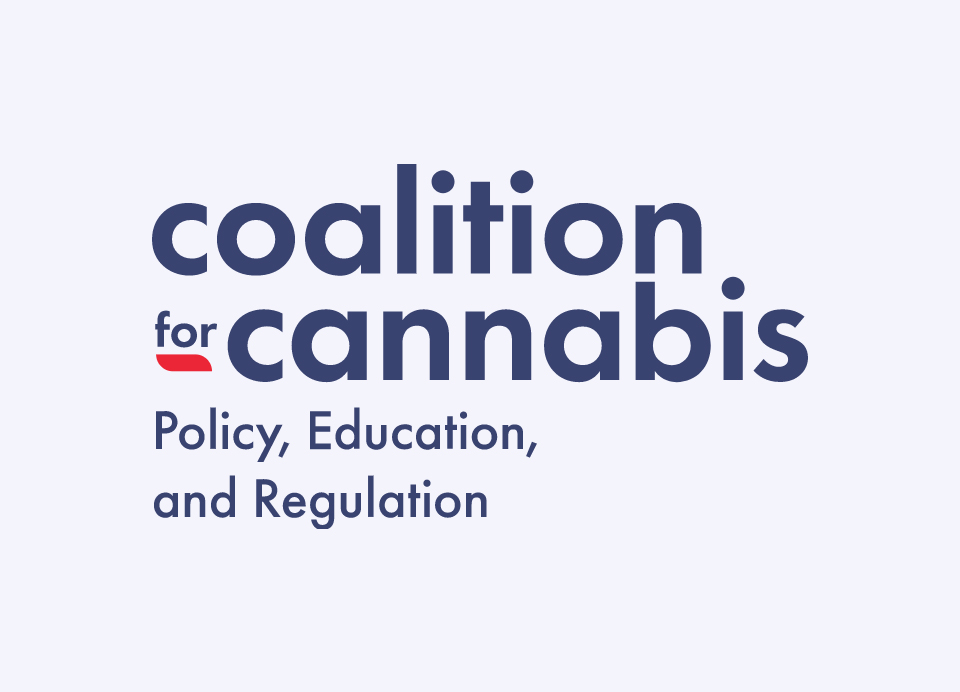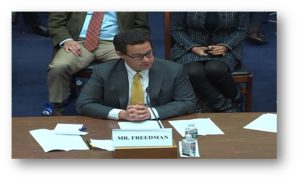
November 15, 2022
CPEAR Participates in House Oversight Hearing on Cannabis and Civil Liberties
WASHINGTON, DC – Today, Andrew Freedman, executive director of the Coalition for Cannabis Policy, Education, and Regulation (CPEAR), participated in the U.S. House Committee on Oversight and Reform’s Subcommittee on Civil Rights and Civil Liberties hearing on state cannabis laws. The hearing examined the benefits of decriminalizing cannabis at the federal level, which include addressing racial disparities in the criminal justice system, improving treatment options for veterans, and allowing cannabis companies to access traditional banking services.
“The cannabis legalization movement is one of the most remarkable political phenomena and federalism experiments in modern American democracy,” CPEAR executive director Andrew Freedman stated in his opening remarks. “Despite often dire warnings from elected officials and community leaders, voters from across the political spectrum have time after time decided to exert states’ rights and legalize cannabis in their own backyards. They do so because they believe that cannabis can be adequately regulated at the state level and that federal prohibition has failed them similar to how alcohol prohibition did a century ago.”
“Citizens are voting to legalize cannabis “because they believe that it has been unjust to lock away hundreds of thousands for using a substance that millions of Americans admit to using regularly. And they do so because they are excited about the economic prospects cannabis brings locally, particularly for small and minority businesses.” Read Freedman’s full remarks here.
“The war against marijuana has ruined countless lives in our country, and we can do a lot better for our people by treating cannabis as a matter of public health instead of an opportunity to put people behind bars,” said Chairman Jamie Raskin. “Reforming our cannabis laws presents an enormous opportunity for bipartisan cooperation. Our hearing today provided overwhelming evidence that the national mood on cannabis has shifted dramatically toward decriminalization and that efforts to make our cannabis laws more humane would begin to address decades of harm caused to our communities during the War on Drugs. I thank Mr. Freedman for his expert testimony and the Coalition for Cannabis Policy, Education, and Regulation for their relentless efforts to forward just cannabis policy.”
“Cannabis reform has bipartisan appeal. This landmark hearing demonstrates Congress can actually work together and do something to address the injustice of prohibition while unleashing the plant’s medical and economic potential,” stated Ranking Member Nancy Mace.
States should remain free to determine what, if any, form of legalization they wish to pursue. But where states have decided to pursue cannabis reform, and even in states where cannabis remains illicit, the federal government should provide commonsense regulatory guardrails. States are demanding this.
The hearing also examined legislative efforts to remove cannabis from the controlled substance list, including the House passage of the Marijuana Opportunity Reinvestment and Expungement Act (MORE Act), and to balance federal regulation of this burgeoning industry with existing state-based regimes.
Watch the entire hearing here.
###
About the Coalition for Cannabis Policy, Education, and Regulation
A 501(c)(4) non-profit organization, the Coalition for Cannabis Policy, Education, and Regulation (CPEAR) works to advance comprehensive policy solutions for cannabis regulation. The Coalition strives to be a trusted, science-driven resource for lawmakers and the larger stakeholder community, developing responsible policies that protect consumers and patients, prevent underage use, uphold public health and safety, and promote social equity. Comprised of a diverse group of stakeholders, the Coalition brings unique perspectives to the table to thoughtfully address what a federally regulated cannabis industry should look like. To learn more, visit www.CPEAR.org and follow us on Twitter.
